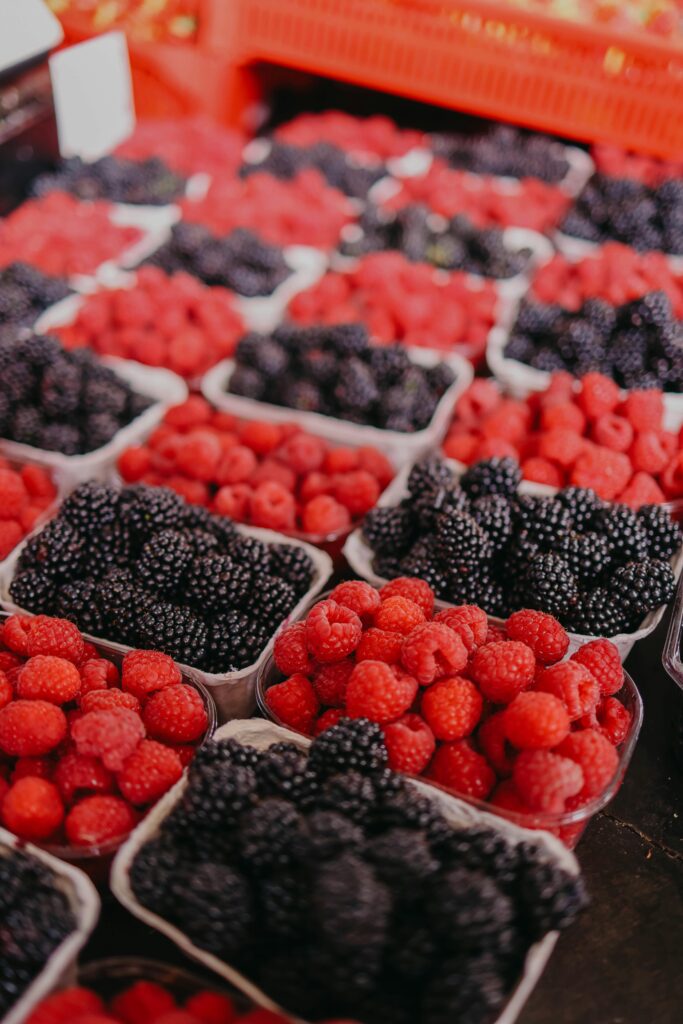
What are antioxidants and what do they do?
Antioxidants are compounds that counteract free radicals, molecules that can damage DNA and other parts of cells. They are linked to many diseases such as cancer and diabetes. Antioxidants counter free radicals by giving them some of their electrons. People’s bodies naturally create antioxidants for defense but they are also found in food, primarily those containing vitamins C and E.
Free Radicals
Free radicals are always produced in your body. They are waste substances your cells create as your body reacts to the environment and digests your food. These free radicals are used for our health as our body can use them to fight infections. Free radicals can also be formed by external factors such in the environment like tobacco, UV rays, pollution, cigarette smoke, radiation, etc.
As free radicals accumulate, the body cannot get rid of them, and oxidative stress occurs. Oxidative stress is the reason your cells and DNA can get damaged by free radicals. Damage to DNA makes them ineffective proteins which increases the risk of developing cancer or other deadly diseases.
Antioxidants
Antioxidants prevent the damage that free radicals cause. Eating a diet high in antioxidants helps increase your blood antioxidant levels and decreases oxidative stress. Other than just decreasing oxidative stress, Antioxidants reap many benefits such as supporting disease prevention, aiding in brain function, supporting eye health, reducing inflammation, supporting the aging process, contributing to the healthy gut microbiome, and keeping your skin healthy.
Antioxidants are either fat-soluble or water-soluble. Fat-soluble antioxidants act in the cell membrane and water-soluble antioxidants act in the outside and inside fluid of cells. There are many different types of antioxidants but the three most prominent ones are Vitamin C, Vitamin E, and Flavanoids. Flavonoids are antioxidants found in plants and plant-based food. Antioxidants are also used to increase the shelf life of natural and processed foods, which is why they commonly occur in preservatives.
Vitamin C antioxidants are found in most fruits and veggies, specifically oranges and berries.
Vitamin E antioxidants are found in nuts and seeds, oils, and green leafy vegetables
Other foods that are good sources of antioxidants are dark chocolate, pecans, goji berries, kale, cabbage, spinach, beans, beets, and legumes. Just note that cooking specific foods can either increase or decrease the amount of antioxidants in your food.
To increase your antioxidant intake, you must consume more fruits and vegetables. To do that, you can try incorporating one piece of fruit and veggies in each meal and shifting your snacking habits to more whole foods instead of processed ones containing any refined sugar. Start doing these and you will soon reap all the benefits that antioxidants can provide!!
References
https://www.health.harvard.edu/staying-healthy/understanding-antioxidants
https://www.medicalnewstoday.com/articles/301506#types
https://www.healthline.com/nutrition/foods-high-in-antioxidants#TOC_TITLE_HDR_12
https://www.healthline.com/nutrition/antioxidants-explained#bottom-line
https://www.verywellhealth.com/information-about-free-radicals-2249103